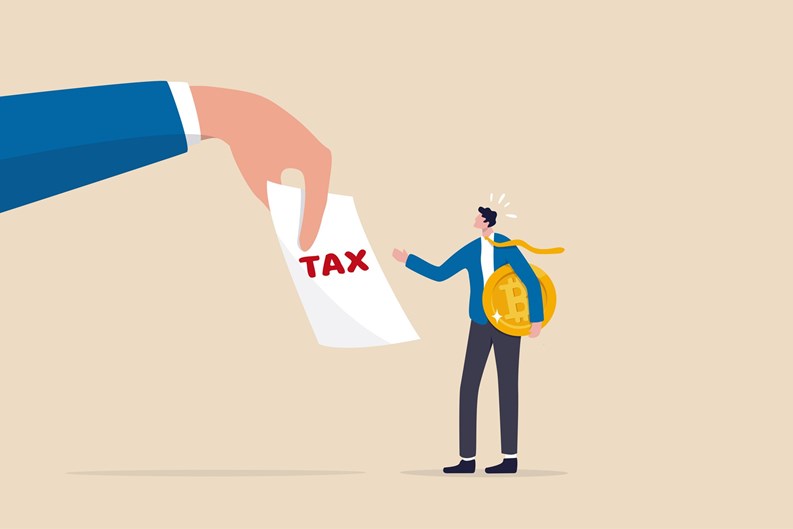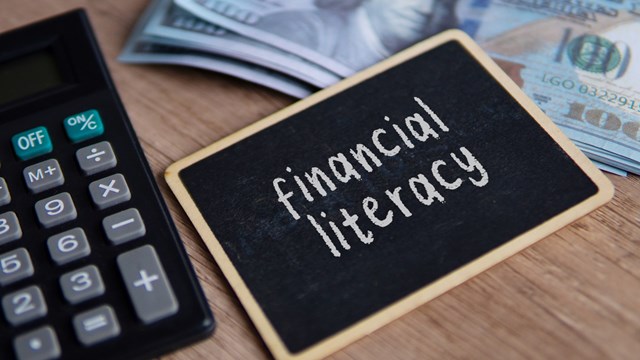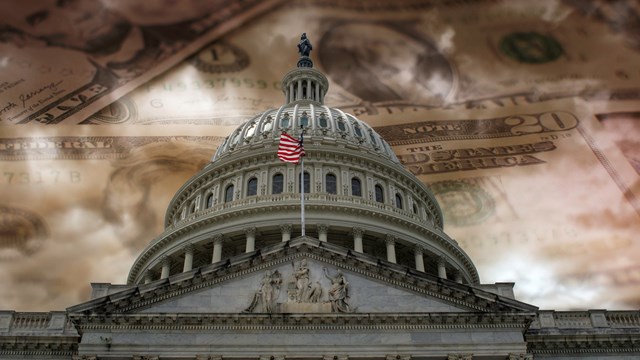With many associations currently earning significant interest income on their reserve accounts, it may come as a surprise that associations have to pay federal income taxes on that income. Even more surprising is that the applicable tax rate on that interest income can be as much as 30%—but taxes can be dramatically reduced with some thoughtful decision-making.
Most condominium associations are corporations, and most corporations file their tax returns using IRS Form 1120. However, condominium and homeowners associations have the option of filing their tax returns on IRS Form 1120-H, which is a special form only for homeowners and condominium associations.
So what’s the difference?
On IRS Form 1120, all income is taxable at a 21% tax rate. However, for associations that use IRS Form 1120-H, assessment income is exempt from income tax—and that can be very important for an association that generates surplus income from assessments.
For example, if an association’s only source of income is collected assessments (that is, no interest, rent or other non-assessment income) and the association has a surplus of assessment income over expenses at year-end, the association will not have to pay federal income taxes on that excess assessment income if it files its tax return using Form 1120-H.
So why would an association ever not use Form 1120-H?
The drawback of filing under IRS Form 1120-H is that when that form is used, interest and other non-assessment income is taxable at a whopping 30% rate. Most associations receive interest income, and many associations also receive other income, such as rent on an association—owned residential unit—so the choice of tax return can have major financial implications.
By way of example: if an association received $20,000 in interest income on its reserves and filed its tax return on Form 1120-H, the association would pay $6,000 in federal taxes on that income; by filing on Form 1120, they would pay just $4,200. For associations with large reserves that generate substantial interest and/or have other sources of income, the savings could add up quickly.
As with anything relating to income taxes, there are many nuances that need to be discussed with your accountant and other professionals before filing. For example, switching from Form 1120-H to Form 1120 requires a vote of the association’s owners (not just the board) at a unit owner meeting with a quorum of owners present. In addition, if there is an operating surplus, proper steps must be taken in accordance with the association’s governing declaration to deal with that surplus while keeping an eye on minimizing federal income taxes.
With interest rates high and potential savings significant, associations should consult with their tax and legal professionals on best practices. Now is the time to ask!
Matthew Goldberg, David Sugar, James Stevens, and Francis Emmons are attorneys with Burke, Warren, MacKay & Serritella, P.C., a full-service law firm based in Chicago. Learn more at burkelaw.com.










Leave a Comment